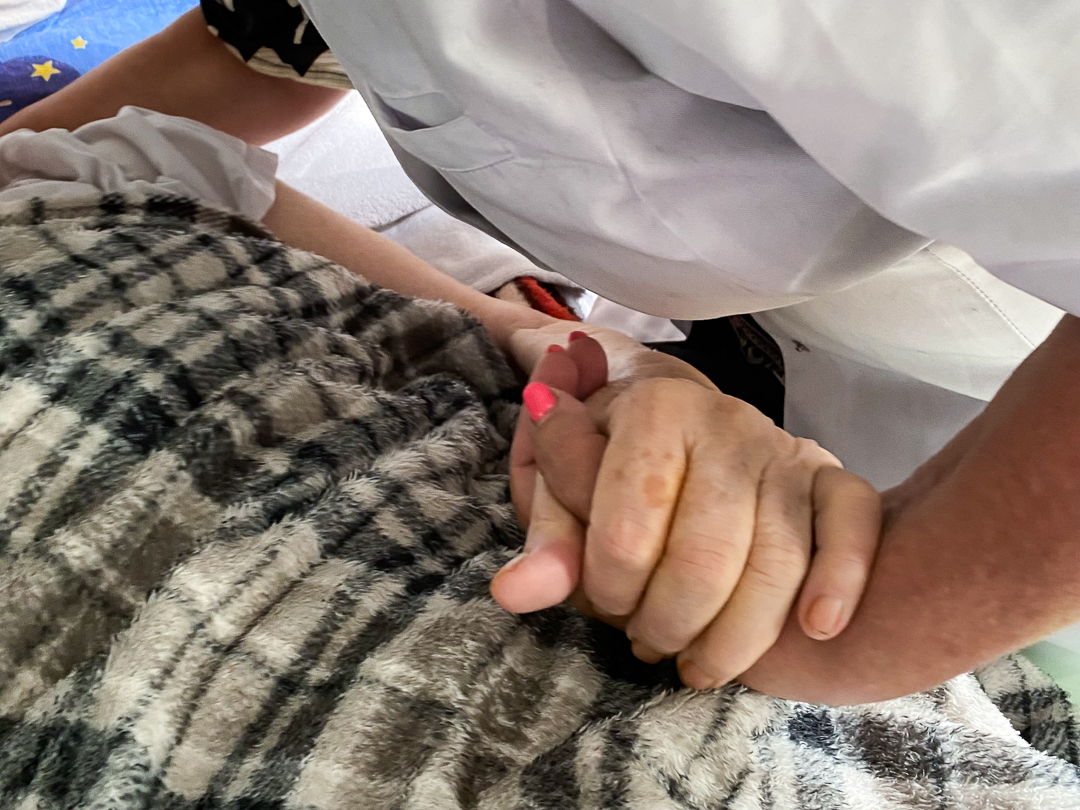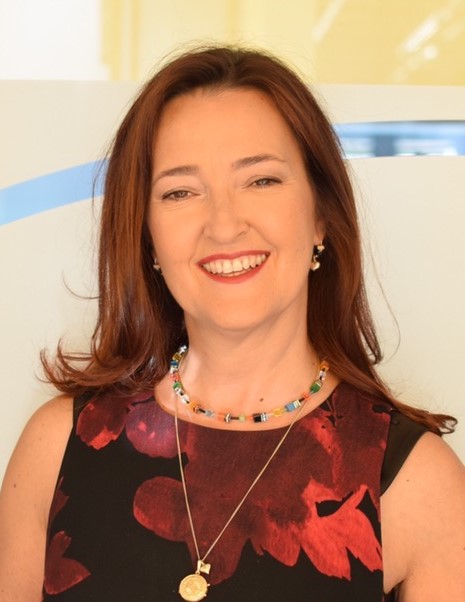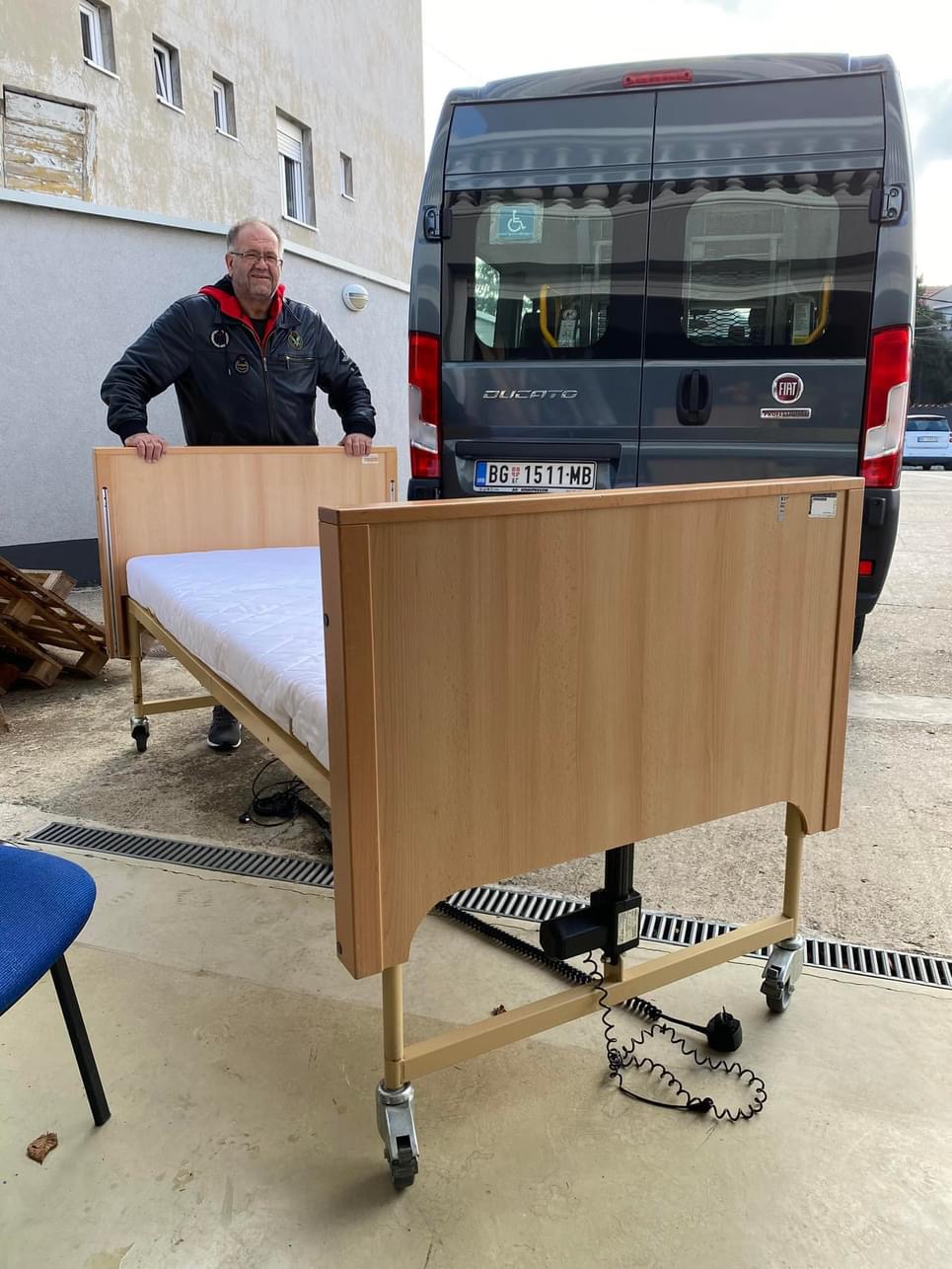This year, World Hospice and Palliative Care Day was marked on 12th October across the globe under the theme: “Ten Years Since the Resolution: Where Are We Now?”

The BELhospice centre will join the global initiative with a series of activities aimed at raising awareness about the importance of palliative care – an approach that improves the quality of life for patients facing incurable illnesses, as well as their families.
“Through public presence, lectures, the promotion of the ‘Palliative Care Manual for Nurses’, and educational content on social media, we will strive to inform citizens about palliative care, their rights, and access to these services. BELhospice is a specialised charity that has been providing free palliative care to patients with progressive and incurable oncological diseases, as well as children with severe and life-limiting illnesses, and their families for two decades. This includes help and support in coping with the illness and its consequences, encompassing adjustment to the new situation, social functioning, improving relationships and communication within the family, and providing psychological support for various emotional states. BELhospice also offers spiritual support, helping address questions and dilemmas related to the meaning of illness, suffering, and death. Our work is therefore vital for those who need care and support in the most sensitive moments of life, and we are solely funded through donations raised via charity events and the help of Serbian citizens,” said Dr. Aleksandra Marjanović, Director of the BELhospice centre, adding: “That’s why it is extremely important to talk about this issue continuously, wherever possible, including through the media, so that more citizens know they are not, and do not have to be, alone during the most difficult times in life. Palliative care is the right of every person to a dignified life without pain and suffering.”
Palliative care is the right of every person to a dignified life without pain and suffering
According to available data, in the last decade, the first steps necessary for the development of palliative care in Serbia have been made, but unfortunately, it is still only available to a limited number of patients. There is still a lack of clear understanding, both among professionals and the public, about what palliative care truly encompasses and how it can improve the quality of life for patients and their families.

Data from 2023 shows that a significant number of patients in Serbia require palliative care, especially oncology patients. Around 75% of oncology patients experience pain at some stage of the disease, which is one of the main symptoms treated within palliative care. Estimates suggest that the number of people in need of palliative care is much higher than current capacities can cover, and this applies not only to oncology patients but also to those with other chronic, severe, and incurable diseases.
BELhospice provides free palliative care for patients with cancer and severe illnesses, as well as support for their families
“These may include malignant, cardiovascular, respiratory, neurological, and other diseases. The goal of this approach is to improve the quality of life for both patients and their families – less suffering and more dignity. An important aspect of the support we provide to our users is the provision of aids that can greatly help both the patient and the family, such as anti-decubitus mattresses, toilet and wheelchair chairs, hospital beds, and more. Over the past two years, BELhospice has also been caring for children with severe and life-limiting illnesses,” said Dr. Gordana Simić, a member of the BELhospice multidisciplinary team.
Regarding oncology patients, according to data from multiple sources, a large number end up being treated at home, where they are often left in the care of their families or non-governmental organisations like BELhospice, which provides palliative care. However, in residential facilities such as care homes, more than 60% of users also require this type of care. The key challenges in palliative care are recognised in the lack of capacity, as well as a shortage of specialised staff.
For now, BELhospice primarily provides support at home or in care homes within the Belgrade area. In addition, Dr. Simić highlights that there is also the possibility of telephone consultations to assist patients outside the Belgrade area.
The need for palliative care continues to grow
According to research conducted by WHPCA and WHO, it is estimated that more than 60 million people require palliative care each year, including 31.1 million in the earlier stages and 25.7 million towards the end of life.
The majority (67%) are adults over the age of 50, and at least 7% are children. Most (54%) are patients who are not in their final year of life but still require palliative care. The burden of serious illnesses, health-related suffering, and the need for palliative care is immense. However, palliative care remains unavailable to most people in need, especially in low- and middle-income countries.
BELhospice Centre Services
BELhospice provides free palliative care for two groups of patients: adults and the elderly suffering from cancer, as well as children and young people with severe illnesses. In addition to caring for patients, we also offer support to their families. Palliative care involves preventing and alleviating suffering through the early identification and treatment of various symptoms – physical, psychological, social, and spiritual. Our team consists of experts from various fields who work together to provide comprehensive support to patients. Services are available every weekday from 8 am to 4 pm. We collaborate with healthcare and social institutions, and family support is an integral part of our care. Palliative care supports the treatment of illnesses and helps both patients and their families cope with challenging times.
